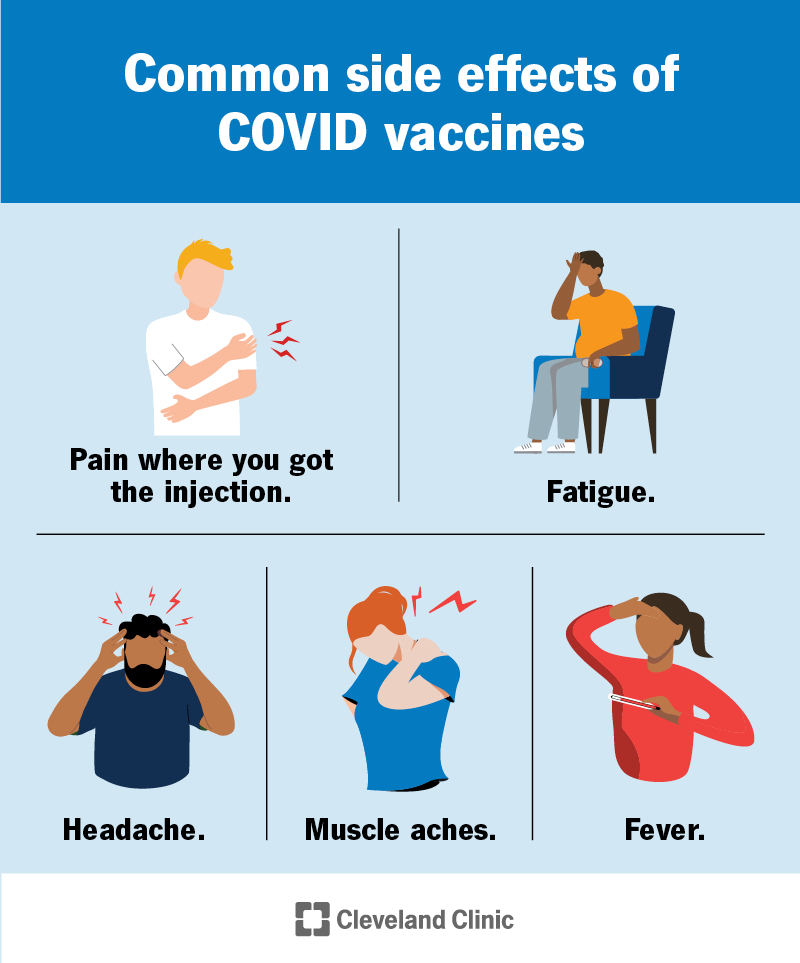To strengthen their defenses against the virus, the Centers for Disease Control and Prevention suggested in October that high-risk people receive a second updated Covid vaccination.
Six months after the initial dosage, the government now advises those 65 years of age and older, as well as those with compromised immune systems, to receive a second dose of the 2024-25 vaccine.
For at-risk populations, the EPA has previously recommended or permitted a second dose many months after the initial one. Following the first autumn launch, authorities approved a second booster dosage in the spring of 2022. In the springs of 2023 and 2024, the similar pattern was seen.

Although no other vaccinations are administered so frequently, experts say there is no reason to think that the vaccines, especially the mRNA vaccines from Moderna and Pfizer, are ineffective.
Since mRNA vaccines can be created far more quickly than conventional vaccinations, Pfizer and Moderna’s vaccines were the first to employ mRNA technology to create immunity to a virus. This strategy proved crucial in the early stages of the pandemic.
There is no proof that the mRNA vaccinations aren’t functioning as intended, even though the CDC has advised getting another injection, according to Yale School of Medicine immunology expert Akiko Iwasaki.
Also Read : Orlando police disclose identity of 2 dead in Halloween shooting
Instead, Iwasaki suggested that this virus could have a special feature that makes it difficult for people’s systems to sustain strong protection.
According to a new study by Emory University researchers, so-called hybrid immunity, which occurs when a person has received both vaccinations and coronavirus infections at some time, was unable to significantly generate certain long-lasting cells that release antibodies. For those who had received tetanus and flu vaccinations, such was not the case, indicating, according to Iwasaki, that the virus is acting differently.
“They did not see increases in these long-lived plasma cell numbers, which is surprising because you would think that kind of hybrid immunity would be the most rigorous,” she added.
The endurance of the mRNA vaccines in comparison to other vaccination technologies is questionable, according to Dr. Ashish Jha, director of the Brown University School of Public Health and a former White House Covid-19 response coordinator.
Jha said, “Perhaps it is a little less durable.” “We don’t know, in my opinion.”
According to Jha, the virus’s year-round persistence and rate of mutation are the main problems.
“I think the issue here is not so much with the vaccine but much more with the virus,” he stated, adding that he agrees with the revised recommendations.
“That’s what I have publicly stated and what I have actually been advocating to my own parents,” he stated.






